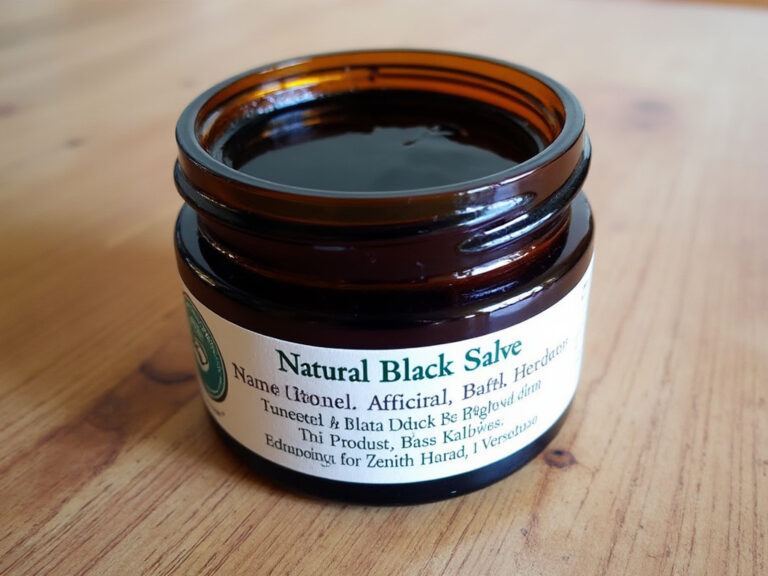
Basal Cell Carcinoma (BCC) is the most common type of skin cancer, affecting millions of people worldwide. While surgical removal is often recommended, some individuals prefer a holistic approach to treatment that focuses on natural remedies. In recent years, two natural substances, bloodroot and black salve, have gained attention for their potential efficacy in treating BCC. This article explores the concept of a holistic approach to BCC treatment and delves into the benefits and risks associated with the use of bloodroot and black salve.
 Understanding a Holistic Approach to Treatment
Understanding a Holistic Approach to Treatment
A holistic approach to treatment considers the whole person rather than just the disease, taking into account physical, emotional, and spiritual well-being. It emphasizes the body’s ability to heal itself and aims to support and enhance this healing process. In the context of BCC, a holistic approach may involve dietary changes, stress reduction techniques, exercise, and the use of natural remedies. This approach recognizes that the body’s health is interconnected and that addressing underlying imbalances can have a positive impact on overall well-being.
Exploring the Efficacy of Bloodroot in Curing BCC
Bloodroot, a small flowering plant native to North America, has long been used in traditional medicine for various purposes. It contains an active compound called sanguinarine, which exhibits antibacterial, anti-inflammatory, and anticancer properties. Some studies suggest that bloodroot has the potential to inhibit the growth of cancer cells, including BCC. However, more research is needed to fully understand its effectiveness and the optimal dosage and application methods.
 The Role of Black Salve in Basal Cell Carcinoma Treatment
The Role of Black Salve in Basal Cell Carcinoma Treatment
Black salve is a topical paste made from various botanical ingredients, including bloodroot. It has been used for centuries as a traditional remedy for skin conditions, including skin cancer. When applied to the affected area, black salve is believed to selectively destroy abnormal cells while leaving healthy tissue unharmed. However, its use is controversial, as there is limited scientific evidence to support its effectiveness. In some cases, improper use of black salve can lead to severe tissue damage and scarring.
Potential Benefits and Risks of Bloodroot and Black Salve
One potential benefit of using bloodroot and black salve is that they offer a less invasive alternative to surgery for BCC treatment. They may be particularly appealing to individuals who are unable or unwilling to undergo surgery. However, it is essential to recognize that these natural remedies also come with risks. Improper application of bloodroot or black salve can lead to severe side effects, such as tissue damage and delayed wound healing. It is crucial to consult with a healthcare professional before using these remedies and to follow their guidance closely.
 Integrating Holistic Therapies for Effective BCC Treatment
Integrating Holistic Therapies for Effective BCC Treatment
While a holistic approach to BCC treatment can offer an alternative to conventional methods, it is important to approach it with caution. It is advisable to consult with a healthcare professional who is knowledgeable about holistic therapies and experienced in treating skin cancer. They can guide patients in finding the most suitable combination of treatments, including natural remedies like bloodroot and black salve, to ensure the best outcome. Additionally, ongoing research is needed to further explore the efficacy and safety of these natural remedies for BCC treatment. Ultimately, the integration of holistic therapies into conventional medical practices holds promise for providing effective and personalized care for individuals with basal cell carcinoma.



